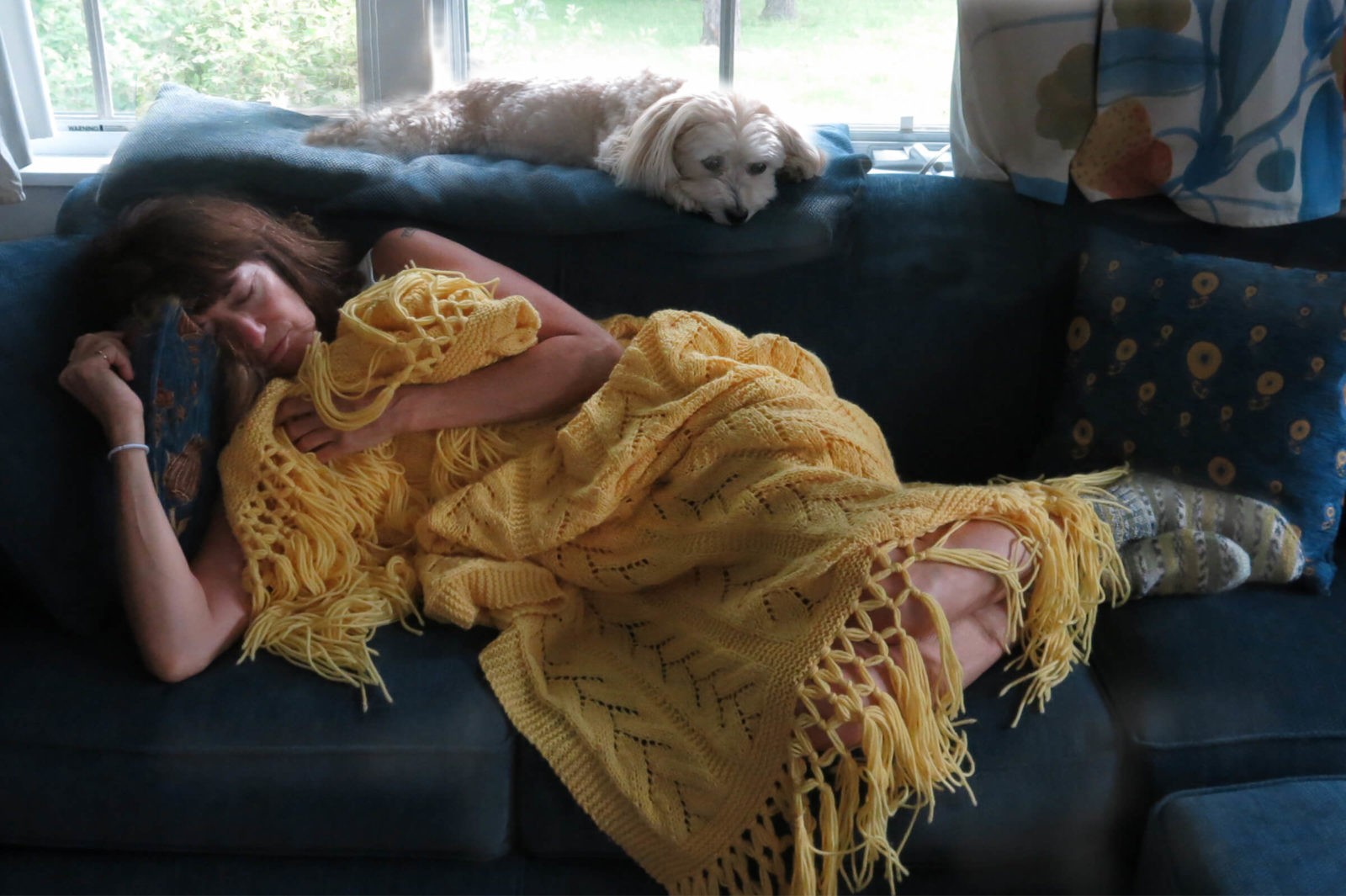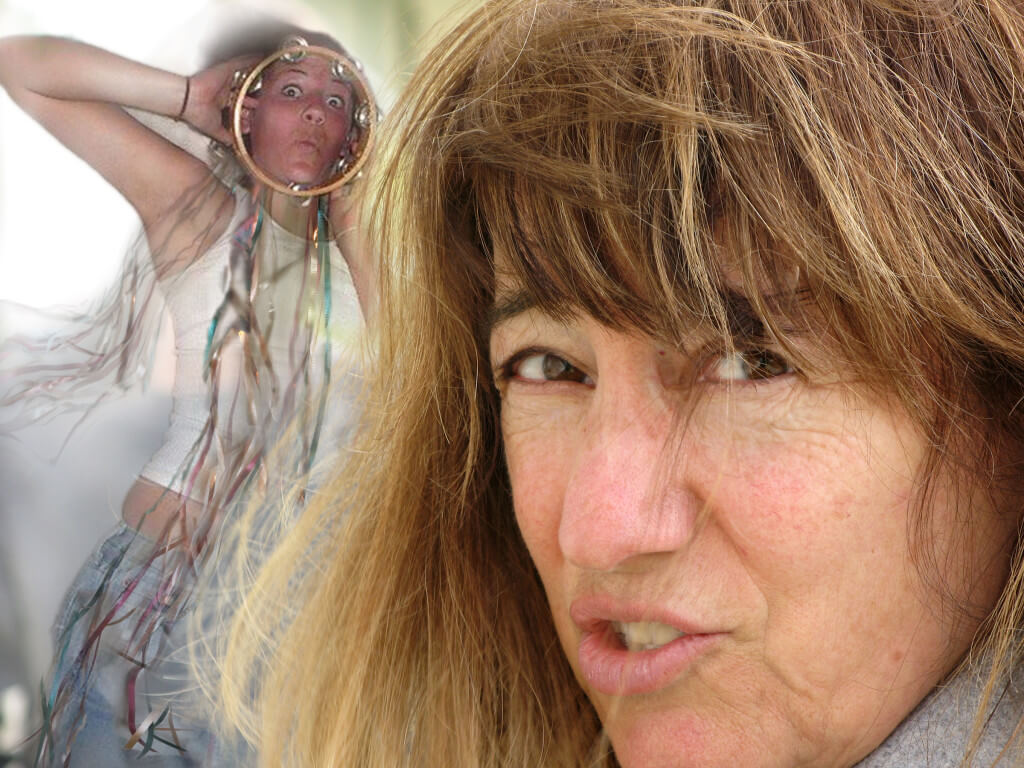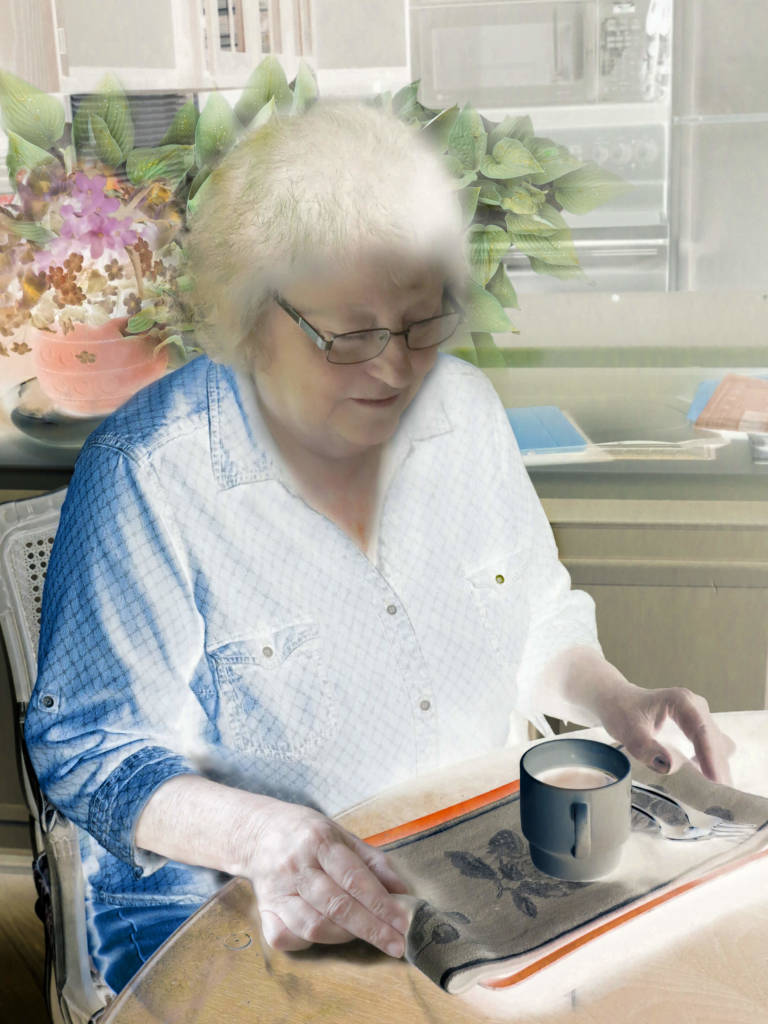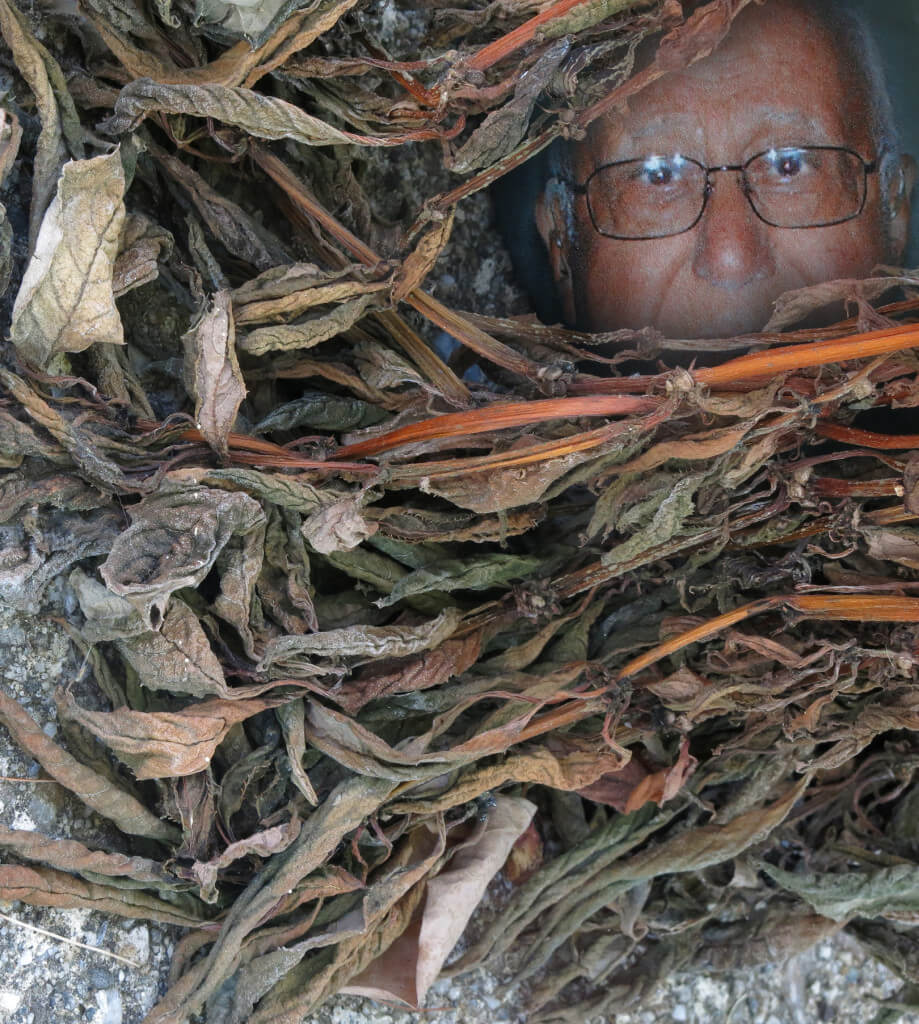 How did I get a cold in July, I wonder? A full-blown sneeze-blasting, rainy-nosed, head-filled-with-concrete cold. On the most perfect day of the year, filled with invitations to barbeques and boat-rides, I was walloped.
How did I get a cold in July, I wonder? A full-blown sneeze-blasting, rainy-nosed, head-filled-with-concrete cold. On the most perfect day of the year, filled with invitations to barbeques and boat-rides, I was walloped.
“Do you think you’re contagious?” friends asked. Sadly, I cancelled all my plans.
When my daughter was sick, I loved taking care of her. I’d bring her meals on trays, read to her, and fly down the hill to Wegmans to pick up whatever I could to coddle her.
“Puffs tissues, mom,” she’d insist, “peach tea, and NyQuil gel-caps, not the yucky syrup.”
After my daughter died I had to transfer my caregiver skills to myself. It was not easy. “Take care of yourself,” I’d always told someone else. But it was my turn to need care. Last week, “be kind to myself” became my mantra as I settled in for a long overdue head cold.
My three tips for pampering yourself through a cold:
- Share. Tell your friends you’re sick. Post it on Facebook. Call your mother. Sympathy feels great.
- Go outside. Walk the dog or get a weather report the old-fashioned way. Fresh air feels good.
- Allow yourself to be a slug. If it’s too hard to hold a book or watch a DVD in midday then take a nap.
The first day of my summer cold, I used my last bit of energy to fetch Puffs, Nyquil, two DVDs, and the fixings for chicken soup from Wegmans. Wearing hand-knit socks given to me by a friend, I cuddled up with my dog in the afghan my mother knit for me. For two days I surrendered to being sick.
On the third day a friend called. Then the friend, her daughter, my dog and I went hiking in the rain.
Please Share on your Social Media

 “Mom. You’ve been eating dinners standing over the kitchen sink for weeks now. Enough.”
“Mom. You’ve been eating dinners standing over the kitchen sink for weeks now. Enough.”

 We are ALL dying. This is what I tell myself, driving to the hospice center to train to be a morning-shift kitchen volunteer. Even with weeks of hospice training, I’m still nervous about interacting with people who are dying. I don’t want them to see behind my eyes, the hidden thought: you might not be here when I return next week. So I keep telling myself we’re All leaving town sooner or later – some of us just have an earlier flight.
We are ALL dying. This is what I tell myself, driving to the hospice center to train to be a morning-shift kitchen volunteer. Even with weeks of hospice training, I’m still nervous about interacting with people who are dying. I don’t want them to see behind my eyes, the hidden thought: you might not be here when I return next week. So I keep telling myself we’re All leaving town sooner or later – some of us just have an earlier flight. “Thank you, Dad,” I say to my father almost every day.
“Thank you, Dad,” I say to my father almost every day.